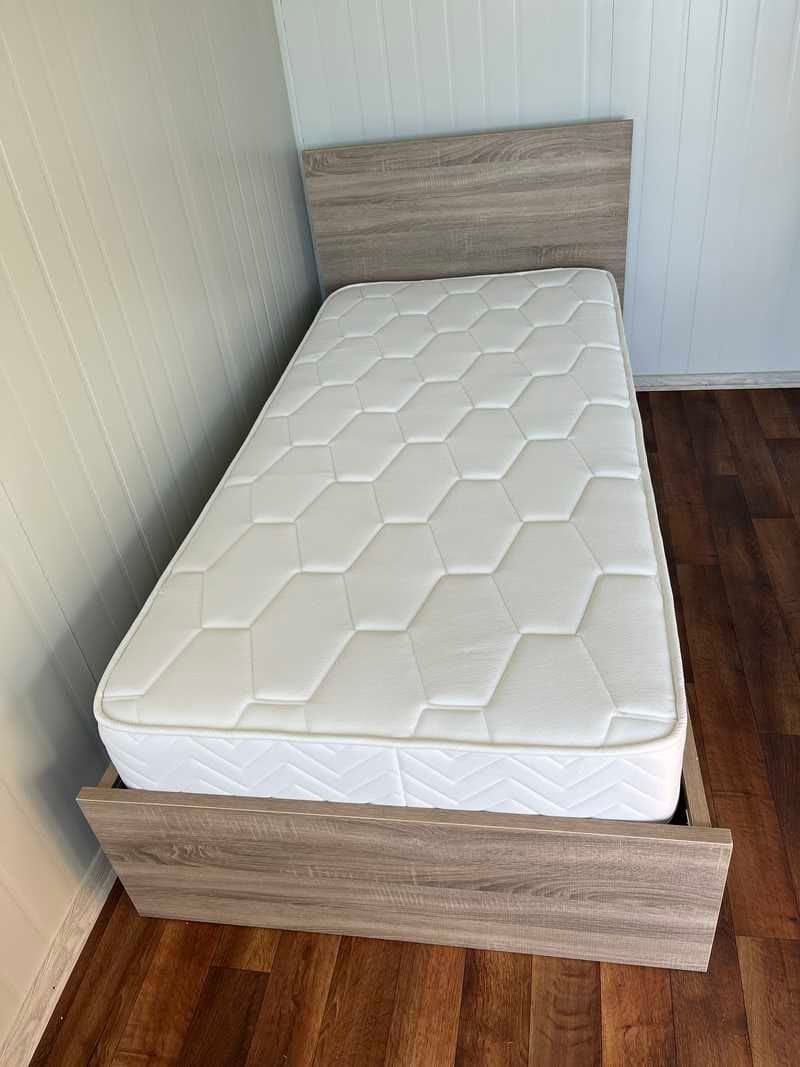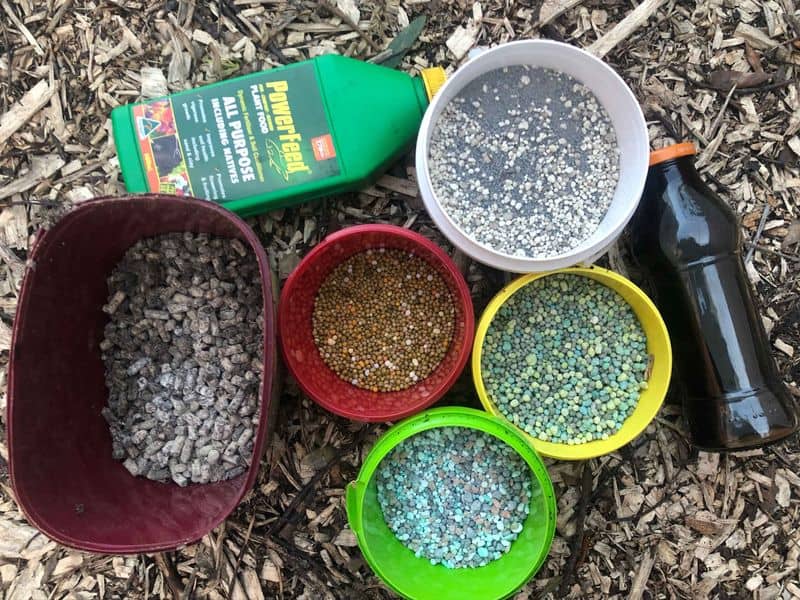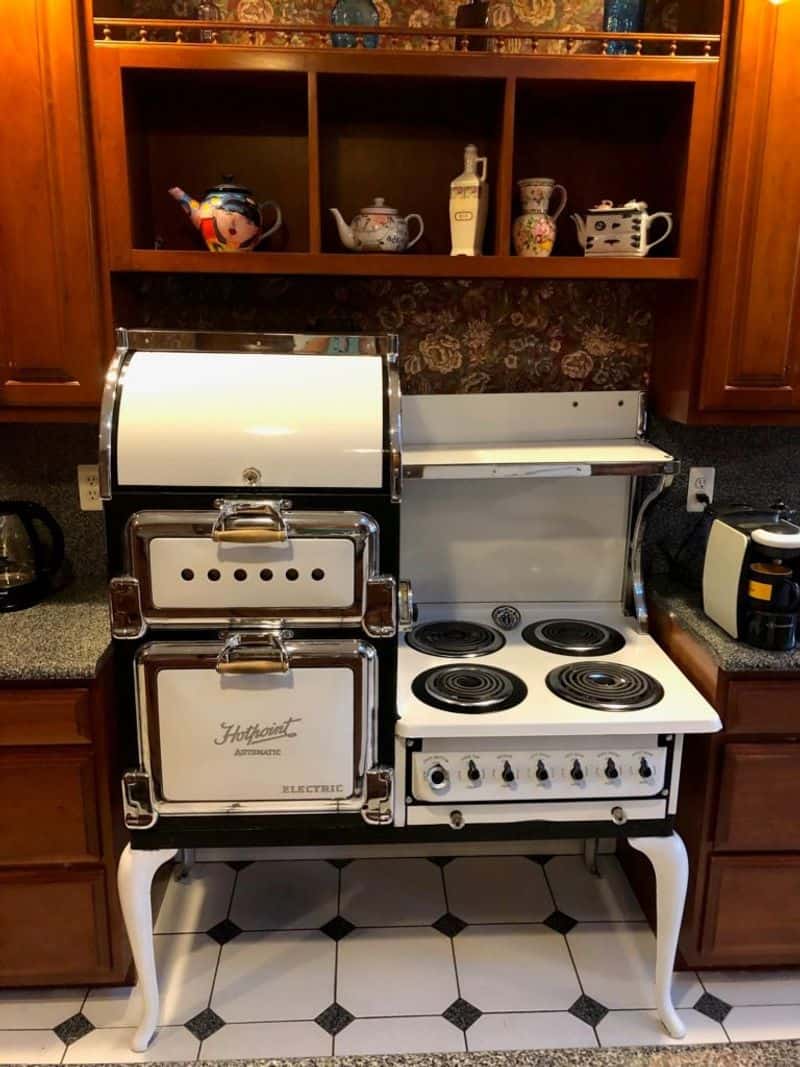Basements often serve as storage spaces for items we rarely use. However, some of these items can be silently contributing to allergies and asthma.
This article explores 10 secretly toxic items found in many basements.
1. Old Paint Cans

Old paint cans stored in basements can emit volatile organic compounds (VOCs) even when sealed.
These compounds contribute to indoor air pollution, triggering allergies and asthma. It’s crucial to check expiration dates and dispose of them properly.
In confined spaces like basements, VOCs become even more concentrated, exacerbating respiratory issues. Consider replacing old cans with newer, eco-friendly options.
Proper ventilation can also minimize risks. Ensuring your basement is well-ventilated helps disperse harmful chemicals, keeping your living environment healthier.
Regular checks and safe disposal are key to reducing these risks.
2. Moldy Carpets

Mold thrives in damp environments, making basement carpets a perfect breeding ground. Mold spores can trigger severe allergic reactions and asthma attacks.
Regular cleaning and dehumidifying your basement can effectively prevent mold growth.
If mold appears, it’s advisable to remove the carpet entirely. Opting for mold-resistant flooring alternatives can be beneficial.
Basement humidity levels should be monitored closely, maintaining them below 50% to inhibit mold growth.
These proactive measures can significantly improve indoor air quality, leading to a healthier home environment.
3. Unused Mattresses

Unused mattresses often harbor dust mites, which are common allergens that exacerbate allergies and asthma. These pests thrive in dark, damp conditions like basements.
Regular vacuuming and protective covers can mitigate dust mite presence. If the mattress is beyond use, disposal might be the best option.
Maintaining a clean and dry environment is essential. Consider storing mattresses in a more controlled area to avoid these issues.
Frequent cleaning can help reduce allergen buildup, making your home a safer place for allergy sufferers.
4. Cleaning Supplies

Many cleaning supplies contain harsh chemicals that release fumes harmful to respiratory health. When stored in basements, these fumes can accumulate, posing risks to allergy and asthma sufferers.
It’s important to review labels and replace toxic supplies with safer, eco-friendly alternatives. Proper storage and disposal of old supplies are also crucial.
Regularly checking your cleaning arsenal can prevent potential health hazards.
Ensuring these items are stored in well-ventilated, dry spaces helps minimize exposure to harmful chemicals, promoting a safer living environment.
5. Chemical Fertilizers

Chemical fertilizers stored indoors can release harmful gases that aggravate respiratory conditions. Basements lacking proper ventilation can amplify these effects.
Switching to natural fertilizers or relocating them to outdoor storage can help mitigate these risks. Consider sealed, airtight containers for indoor storage if necessary.
Regularly assess the basement for any leaks or spills, which can further compound air quality issues.
Maintaining a clean, organized storage space not only helps reduce allergen exposure but also ensures a safer environment for all household members.
6. Cardboard Boxes

Cardboard boxes attract pests and mold, both of which can worsen allergy and asthma symptoms. Basements provide the damp, dark conditions that pests and mold thrive in.
Consider switching to plastic bins for storage. They offer a more robust barrier against moisture and pests.
Keep an eye on humidity levels to prevent mold growth. Reorganizing storage and eliminating cardboard can significantly improve air quality.
Regular inspections and cleanups can help maintain a healthier, allergen-free environment in your basement.
7. Vintage Furniture

Vintage furniture often harbors dust mites and mold, which are common allergens. These pieces are usually stored in basements, where conditions are perfect for allergens to thrive.
Regular cleaning and dehumidifying can help reduce these allergen levels. Opting for furniture covers or relocation to a more controlled environment are viable solutions.
A routine check for signs of mold or pests is beneficial. Ensuring your storage area is clean and dry can significantly reduce risks associated with allergic reactions, thereby enhancing overall home health.
8. Old Books

Old books gather dust and mold over time, contributing to poor air quality in basements. The mold spores and dust can trigger allergic reactions and worsen asthma.
Regular dusting and the use of air purifiers can help keep these allergens at bay. Consider relocating books to a drier, well-ventilated area if possible.
Proper storage solutions, like sealed containers, can also preserve the books while protecting your health.
These steps are essential for maintaining air quality and reducing allergy risks in your home.
9. Pet Supplies
Pet supplies left in basements can collect dust and mold, both of which are known allergens. These conditions contribute to respiratory issues, particularly in allergy sufferers.
Regular cleaning and decluttering can help mitigate these risks. Consider storing pet supplies in a cleaner, drier area of your home.
Vacuuming and dusting can also reduce allergen buildup.
Ensuring that pet supplies are in good condition and stored properly can make a significant difference in maintaining a healthy living environment for both you and your pet.
10. Old Appliances

Old appliances like washing machines or refrigerators stored in basements can harbor mold and dust. These elements are key triggers for allergies and asthma.
Regular maintenance and cleaning of these appliances can prevent allergen buildup. If appliances are no longer in use, consider recycling or disposing of them properly.
Keeping these machines in well-ventilated areas is essential. Addressing leaks or spills promptly can also minimize mold growth, ensuring a healthier home environment.
Proper care and storage of appliances are vital for reducing allergy risks.


